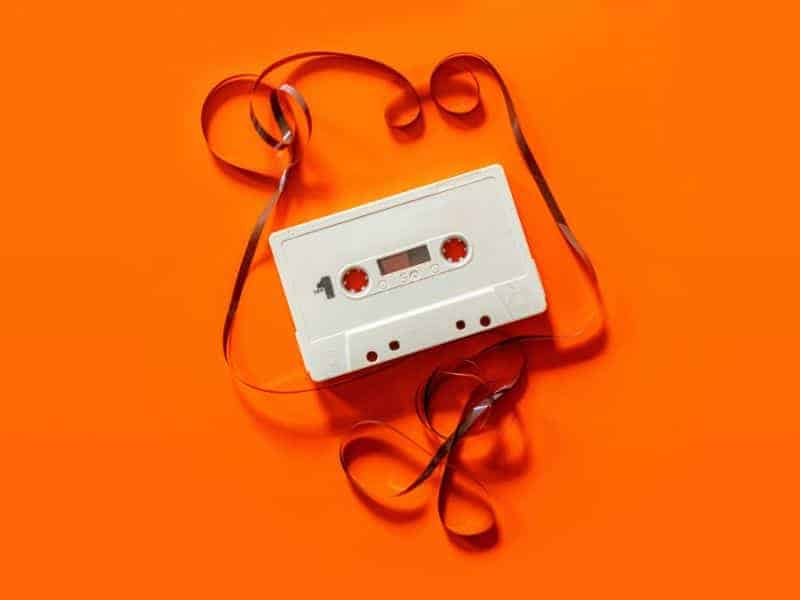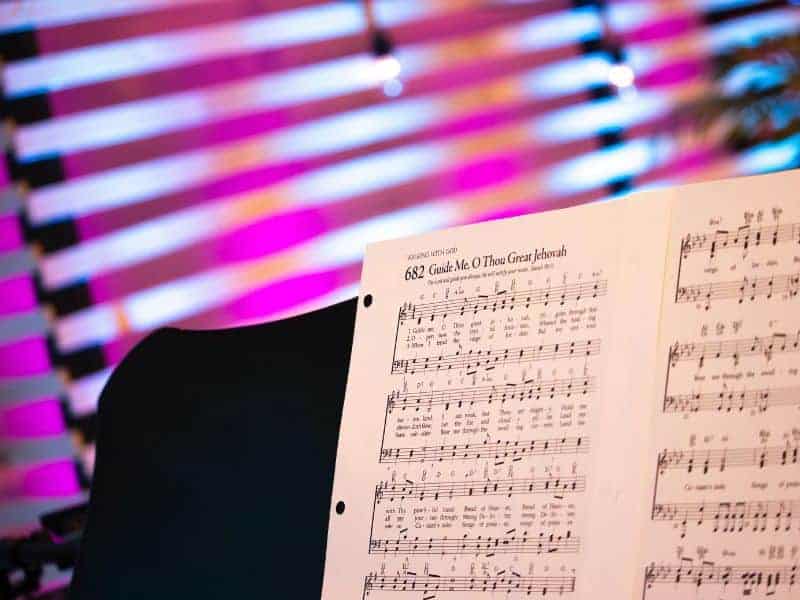Sight-reading is a valuable skill that every musician should strive to master. It allows you to quickly interpret and perform music on the spot, whether in a rehearsal, audition, or live performance. Becoming a proficient music sight-reader takes practice, patience, and a strategic approach. In this blog post, we’ll explore seven essential tips that can help you become a better music sight reader.
1. Master Music Theory Fundamentals
A strong foundation in music theory is crucial for sight-reading success. Familiarize yourself with key signatures, scales, intervals, and chord progressions. Understanding the relationships between notes and their functions will enable you to anticipate patterns and make informed decisions while sight-reading.
2. Practice Regularly
Sight-reading, like any skill, requires consistent practice. Dedicate a portion of your practice sessions specifically to sight-reading exercises. Start with simpler pieces and gradually work your way up to more complex compositions. Regular practice will improve your ability to process musical notation quickly and accurately.
3. Start Slowly and Focus on Accuracy

When tackling a new piece, resist the urge to play at full tempo right away. Begin by playing slowly and accurately, focusing on correct notes, rhythms, and dynamics. Gradually increase your speed as your confidence and accuracy improve. Remember, it’s better to play a piece correctly at a slower pace than to rush through and make mistakes.
4. Embrace Variety in Repertoire
Expose yourself to a wide range of musical genres and styles. Sight-read pieces from different time periods, cultures, and genres. This diversity will broaden your musical vocabulary and enhance your ability to adapt to various notational conventions and rhythmic patterns.
5. Develop Rhythmic Proficiency
Rhythm is a fundamental aspect of sight-reading. Practice rhythm exercises separate from pitch to hone your rhythmic accuracy. Tap out rhythms, clap your hands, or use a metronome to internalize different rhythmic patterns. As you become more comfortable with rhythm, integrating it with pitch becomes smoother.
6. Focus on Patterns and Phrases
Music often contains recurring patterns and phrases. Train your brain to recognize these patterns and anticipate how they might appear in different contexts. This skill will help you navigate unfamiliar pieces more confidently by relying on your knowledge of common musical structures.
7. Embrace Mistakes and Keep Going
Sight-reading is not about playing perfectly every time, but rather about adapting in real-time. Embrace mistakes as learning opportunities and avoid dwelling on them. When you encounter a challenging passage, keep moving forward rather than getting stuck. This ability to recover quickly will bolster your sight-reading skills over time.
Conclusion
Becoming a proficient music sight reader is an achievable goal with dedication and consistent effort. By mastering music theory, practicing regularly, starting slowly, embracing variety, honing your rhythmic skills, recognizing patterns, and maintaining a resilient mindset, you’ll steadily enhance your sight-reading abilities. Remember, sight-reading is a skill that can greatly enhance your overall musicianship, enabling you to confidently tackle new pieces and perform with flexibility in various musical settings. So, pick up your instrument, embrace the challenge, and embark on the rewarding journey of becoming a better music sight reader.
Recent Posts
Finding time to produce music while managing a job can be challenging, but several strategies can help you balance both effectively. Prioritize Music Production Make music a priority in your...
We often imagine making music as an effortless flow of creativity—strumming guitars in sunlit rooms or producing beats late into the night with pure passion. But for many musicians, there’s a...

